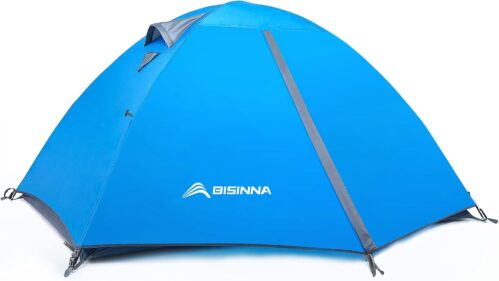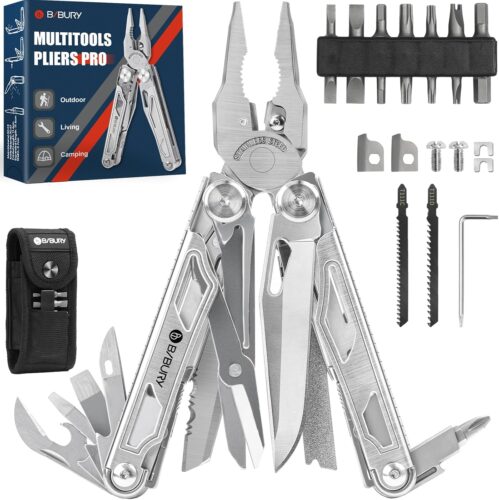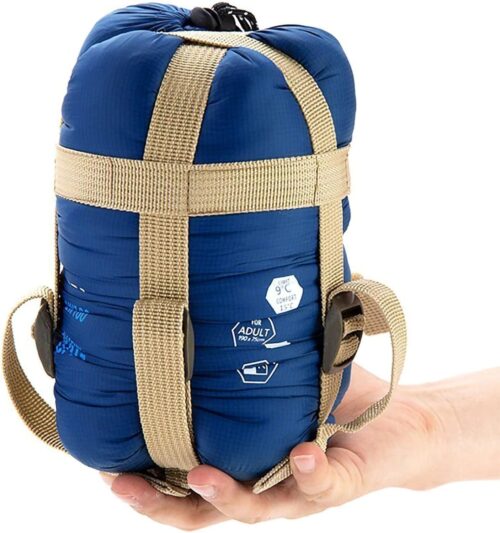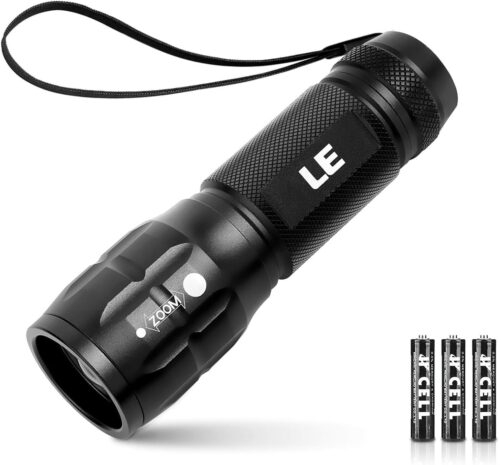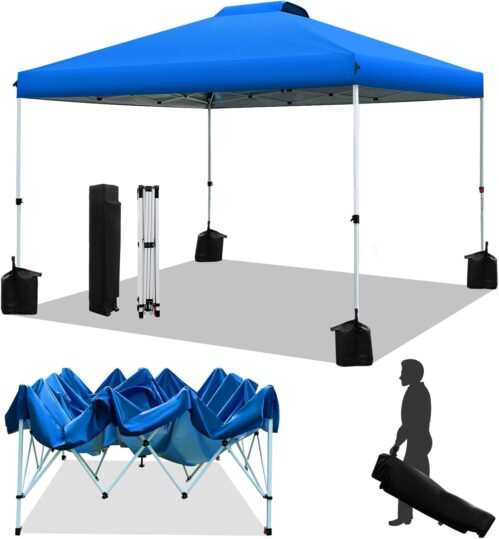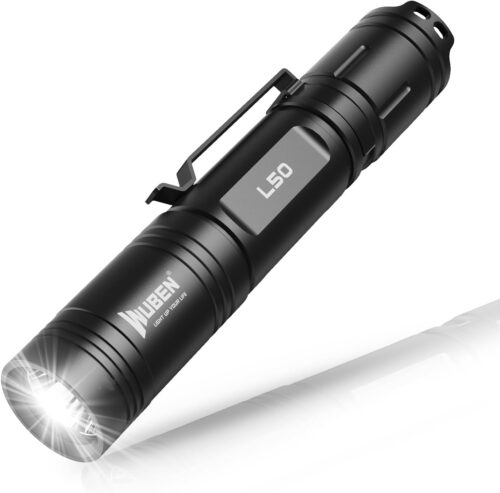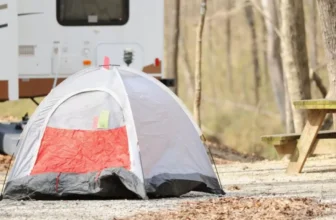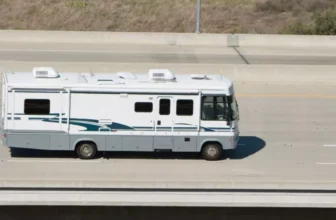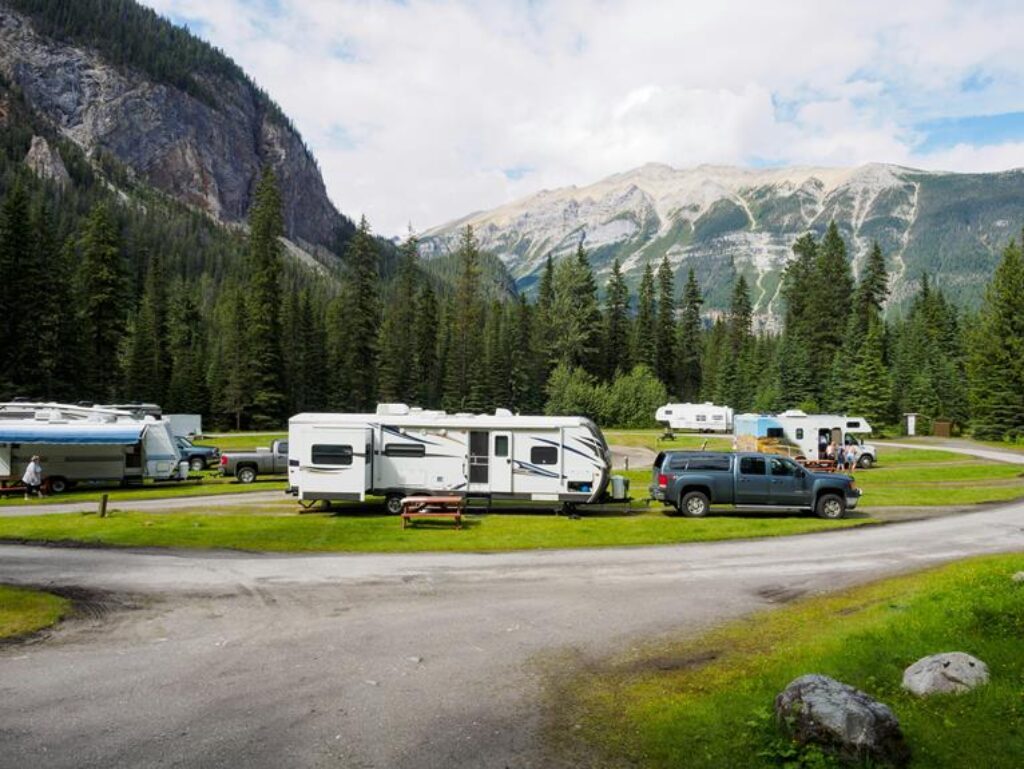
When embarking on RV camping adventures, you might encounter various challenges that can disrupt your experience. From maximizing space to ensuring a stable power supply and dealing with waste disposal, there are key aspects to consider. Additionally, connectivity problems can arise, impacting your ability to stay connected while on the road. By addressing these common challenges with practical solutions, you can navigate the RV camping lifestyle with greater ease and make the most of your outdoor excursions.
Space Management
When RV camping, efficiently utilizing space is crucial to ensure a comfortable and organized living area. Start by maximizing vertical space – install shelves or hanging organizers to keep items off the floor and countertops.
Utilize multi-functional furniture such as a sofa bed or a table that can fold down when not in use. Collapsible kitchenware like nesting bowls and stackable pots can save valuable cabinet space. Opt for storage bins that can slide under beds or stack neatly in closets to keep belongings organized.
Consider investing in storage solutions specifically designed for RVs, like over-the-door organizers or hanging shoe racks. Utilize the space under the RV’s awning by setting up a folding table or chairs for outdoor dining.
Remember to regularly declutter and donate items you no longer need to prevent unnecessary clutter from taking up precious space. By implementing these space-saving strategies, you can create a more functional and enjoyable RV camping experience.
Power Supply
Efficiently managing your power supply is essential for a smooth and uninterrupted RV camping experience. To ensure you have a reliable power source, start by checking the capacity of your RV’s electrical system and the power requirements of your appliances. Consider investing in a generator or solar panels for backup power.
When hooking up to a campground’s electrical supply, always use a surge protector to safeguard your RV from power spikes.
To conserve energy, turn off lights and appliances when not in use, and opt for energy-efficient LED bulbs. Using propane for cooking instead of electricity can also help reduce power consumption. Keep an eye on your battery levels and recharge them as needed to avoid unexpected outages. It’s a good idea to carry extra batteries and portable chargers for electronic devices.
Waste Disposal
Managing waste disposal effectively is crucial for maintaining a clean and sanitary RV camping environment. To handle waste efficiently, start by familiarizing yourself with the waste disposal options available at your campsite. Most RV parks provide dump stations where you can empty your black and gray water tanks. Remember to wear gloves and follow proper hygiene protocols when emptying these tanks to avoid contamination.
Investing in quality waste management tools such as sewer hoses, gloves, and tank treatments can make the disposal process smoother and more sanitary. Regularly emptying your tanks, especially the black water tank, is essential to prevent odors and backups inside your RV.
Consider using environmentally friendly tank treatments to break down waste and control odors naturally. These treatments can be a safer alternative for both your health and the environment. Additionally, being mindful of what you flush down your RV toilet can prevent clogs and other plumbing issues, ensuring a hassle-free waste disposal experience during your RV camping trip.
Connectivity Issues
To ensure a smooth RV camping experience, addressing connectivity issues is key for staying connected while on the road. When traveling in your RV, poor signal strength or limited internet access can be frustrating.
One solution to combat this is investing in a mobile hotspot device. These devices use cellular data to create a Wi-Fi network that multiple devices can connect to, providing internet access in areas with weak signals.
Additionally, consider purchasing a signal booster to enhance your RV’s reception capabilities. These boosters amplify existing signals, improving call quality and data speeds.
Planning your routes in advance and researching areas with good coverage can also help minimize connectivity issues. Furthermore, utilizing offline maps and apps that don’t require constant internet access can be beneficial.
Remember to adjust your settings to limit background data usage and prioritize essential tasks when connectivity is limited. By proactively addressing connectivity challenges, you can enjoy a more seamless RV camping experience.
Adventure Gear

